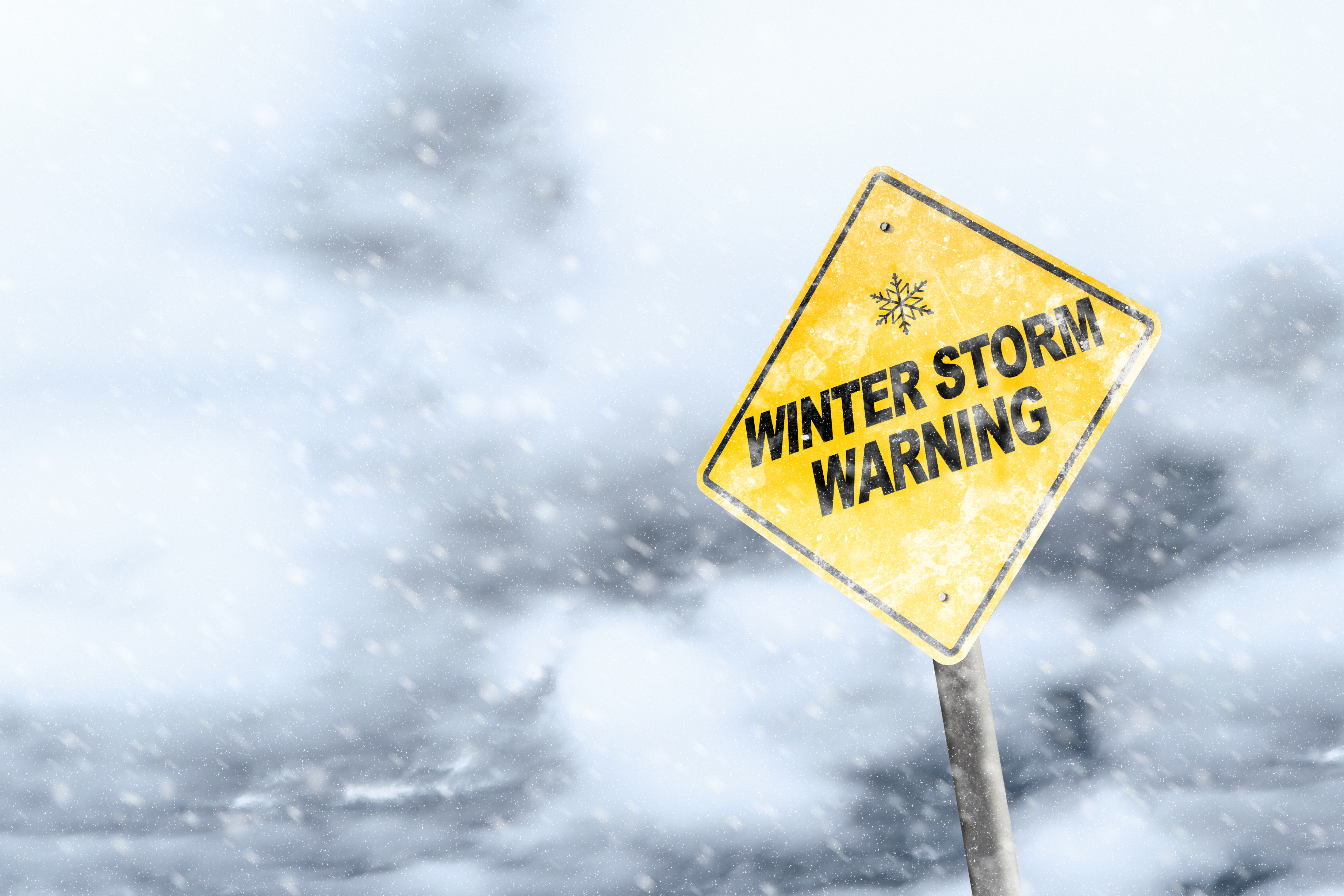As January rolls in, the cold days can resemble a double-edged sword. While winter’s beauty captivates, it brings along heavy snow, ice, and frigid temperatures that pose unique challenges. This month, United Medevac Solutions, Inc. (UMS) understands the importance of preparedness to prevent mishaps during inclement weather, empowering our heroes in everyday life and emergency situations.
Understanding the Risks
Winter weather can result in various hazards, including slips and falls, vehicle accidents due to icy roads, and exposure to extreme cold temperatures which can lead to hypothermia and frostbite. The Occupational Safety and Health Administration (OSHA) states that more than 5,000 people are killed, and over 418,000 injured annually from weather-related vehicle crashes, primarily due to icy conditions. Being aware of these risks is the first step towards effective preparation.
Medical Tips for Emergency Personnel
- Recognize the Symptoms of Hypothermia: As professionals, you may be the first to encounter patients experiencing hypothermia. Symptoms include shivering, confusion, exhaustion, and slurred speech. If you suspect someone is suffering from hypothermia, provide immediate care by moving them to a warm place and covering them with blankets to preserve body heat.
- Address Frostbite Promptly: Frostbite affects extremities and can lead to severe tissue damage if not treated. Signs include numbness, pale or waxy skin, and blistering. Immerse the affected area in warm (not hot) water for about 30 minutes and avoid direct heat sources.
- Stay Hydrated and Keep Nourished: During winter actions, it is vital to stay hydrated and consume nutritious meals. Warm fluids, such as broth, and warm meals not only provide hydration but also help maintain body heat.
Practical Tips for Everyone
- Prepare Your Vehicle for Winter Driving: Ensure your vehicle is winter-ready by checking fluid levels, tire treads, and heating systems. Carry an emergency kit that includes blankets, flashlight, non-perishable snacks, and water. Always keep your fuel tank near full to prevent gas line freeze-ups.
- Limit Outdoor Exposure: If you must go out, dress in layers to trap body heat and protect yourself from wind chills. Limit your time outdoors, especially during peak cold hours, and be vigilant for signs of frostbite.
- Create an Emergency Kit at Home: Stock essential supplies, such as flashlights, batteries, canned food, water, medications, first-aid supplies, and a battery-operated radio. This preparation can be crucial during winter power outages.
- Stay Informed: Keep an eye on weather forecasts and advisories. Sign up for alerts and follow local news for updates on hazardous weather conditions. Knowing what type of winter weather warning is issued can inform your actions.
- Mind the Risks of Carbon Monoxide Poisoning: When using heating devices, ensure that they are used safely to prevent carbon monoxide buildup. Never use a generator indoors and install carbon monoxide detectors in your home.
UMS Stands with You
UMS stands with each of you; let us embrace the cold knowing we can face the storm together, prepared and unwavering. Being equipped and educated not only transforms us into more effective responders but also inspires the community to recognize that preparation is key in every season. Together, let us lead by example and spread the message of safety and care this January.
Stay safe, warm, and vigilant—every action counts.
Want to make a difference in your community? Apply to UMS!



Comments